Best Corneal treatment
- Affordable and best corneal treatment by the top-rated eye surgeons
- Online consultation for corneal related issues
- Know about the Cornea Transplant Surgery Procedure and Cost
What Is The Cornea?
Cornea is the clear, curved outer layer that covers your eye. It helps to focus light on the retina, which is the sensitive tissue at the back of your eye that converts light into electrical signals sent to your brain. If you have a cornea problem, it can affect your vision. At Eyemantra, we offer a variety of treatments for cornea problems, including:
- Corneal transplantation: This is a surgical procedure to replace your damaged cornea with a healthy one from a donor.
- Corneal cross-linking: This is a treatment to strengthen the collagen fibers in your cornea. It is used to treat corneal problems such as keratoconus.
- Corneal inlays and onlays: These are small, thin pieces of plastic that are placed in your cornea to improve vision. They are used to treat presbyopia, which is a condition that causes difficulty reading up close.
- Intacs: These are small, crescent-shaped pieces of plastic that are placed in your cornea to improve vision. They are used to treat keratoconus.
- Collagen cross-linking: This is a treatment to strengthen the collagen fibers in your cornea. It is used to treat corneal problems such as keratoconus.
Causes of Corneal Treatment
Corneal disease can be a result of many factors:
- Infection from wearing contact lenses
- Trauma or injury
- Inflammation or distortion of the cornea from eye diseases.
- Corneal inflammation after an eye surgery procedure
- Corneal scarring
- Corneal Transplant Procedures
- Penetrating Keratoplasty (PK)

Corneal Treatment Surgery Procedure
Before cornea transplant surgery
- The first thing will be a thorough eye exam. Your eye doctor looks for conditions that may lead to complications post-surgery.
- Afterward, the doctor will take the measurements of your eye. Your eye doctor decides what size donor cornea you require.
- A review of all medications and supplements you’re taking will be done. You might need to stop taking certain medications or supplements pre or post your cornea transplant.
During the procedure
On the day of your surgery, you’ll be given a sedative to help you relax and a local anesthetic to numb your eye. You will not be asleep during the surgery but you should not feel any pain.
During the most frequent type of cornea transplant surgery (penetrating keratoplasty), a cut is made through the entire thickness of the cornea to remove a small disk of corneal tissue. An instrument called a trephine is used to make this small circular cut.
The donor cornea tissue is then placed in the opening. Your surgeon then uses a thin thread to stitch the new cornea into place.
After the procedure
Post your transplant, you can expect to:
- Receive several medications, eyedrops, and, sometimes, oral medications immediately after cornea transplant and during recovery. This will help control infection, swelling, and pain.
- Wear an eye patch. An eye patch might protect your eye as it heals post-surgery.
- Return for frequent follow-up exams. Go for regular eye exams in which your doctor looks for complications in the first year after surgery.
Corneal Treatment Surgery Cost
There are multiple procedures involved in the treatment of cornea. The estimated cost for the common cornea treatment procedures is shared below:
| Cornea Treatment Options | Cost (₹) | Description |
|---|---|---|
| Penetrating Keratoplasty (PK) | 55,000 | Full thickness corneal transplant (entire cornea is replaced) |
| Descemet’s Stripping Endothelial Keratoplasty (DSEK/ DSAEK) | 50000 | Damaged inner corneal layer is removed through a small incision (Donor tissue is thicker & easier to transplant compared to DMEK) |
| Descemet’s Membrane Endothelial Keratoplasty (DMEK) | 50000 | Damaged inner corneal layer is removed through a small incision |
| Deep Anterior Lamellar Keratoplasty (DALK) | 45000 | Partial thickness corneal transplant (used in case of keratoconus or bulging cornea) |
| Superficial anterior lamellar keratoplasty (SALK) | 45000 | Partial thickness corneal transplant wherein the front layer of the cornea is replaced (Stroma and endothelium are unharmed) |
| Artificial Cornea Transplant (Keratoprosthesis) | 80000 | Corneal transplant with artificial cornea (If not eligible for a donor cornea) |
Top Cornea Doctors

Cataract, Retina, Glaucoma, LASIK

LASIK

Cataract, Retina, Glaucoma, LASIK

Cataract, Retina, Glaucoma, LASIK
World class Cornea Hospital
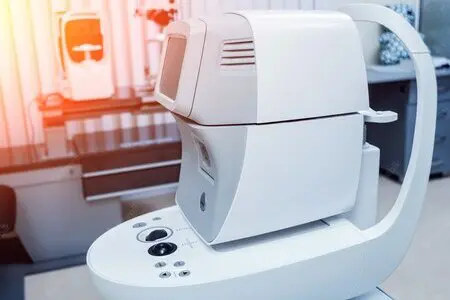
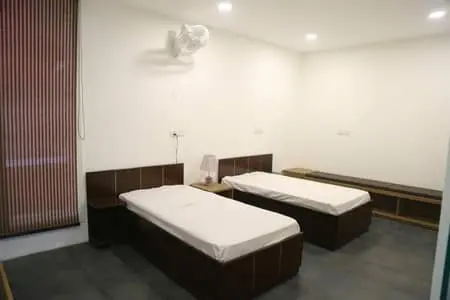
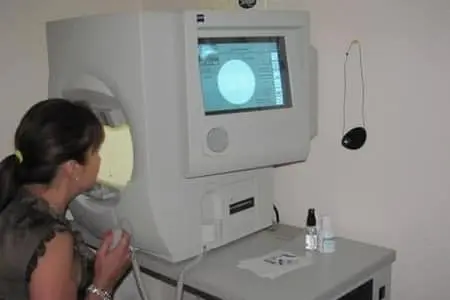
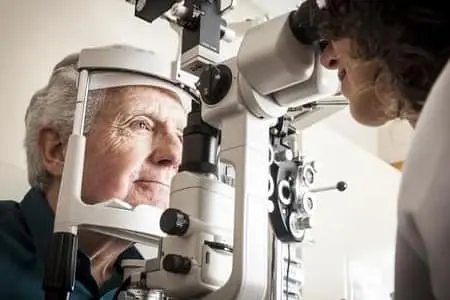
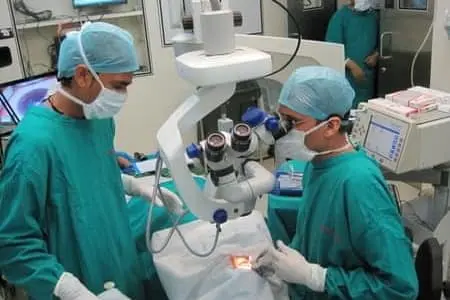
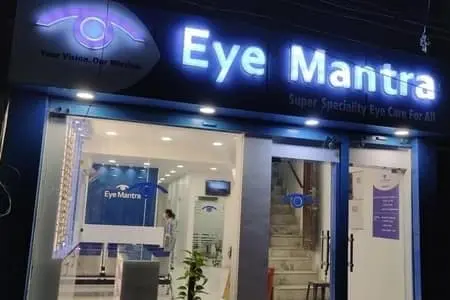
Frequently Asked Question’s
Generally, a corneal surgery takes an hour to get over but a person has to stay in the operating room for 2 hours for a postoperative examination.
90%. The overall completion rate of a corneal transplant is very noble using modern eye banking and surgical procedures. But, there are multiple determinants that determine the result.
For example, keratoconus has one of the largest prognoses for great vision with a greater than 90% chance of a clear graft.
A corneal transplant is performed as an outpatient method. Eye drops will be put in the patient’s eyes. The patient eye surgeon will practice either local or general anesthesia. So, the patient will not feel pain.
The specific conditions that can affect the clarity of one’s cornea are :
- Hereditary situations such as Fuchs’ dystrophy.
- Chemical burns of the cornea or injury to an eye.
- Extreme swelling on the edema of the cornea.
- Uncommon complications from LASIK surgery.
With its strength for fast repair, the cornea regularly heals after maximum injury or disease. Still, when there is widespread damage to the cornea, the healing procedure may be increased.
Some corneal transplants do last forever, but some demand to be replaced due to transplant refusal. That can occur even 20 years later. Due to the easy failure of the transplant’s new cells over time. It all depends on the age and health of the donor tissue, the warranty might simply run out.
Primarily, do not rub your eyes. Avoid strenuous exercise and heavy lifting during the first weeks after surgery. If you have a job that does not involve physical strain on your eyes and other parts of the body, you can return to work 2 to 3 weeks after surgery.
There are multiple good cornea doctors in India. Eye Mantra has some of the top Cornea doctors / surgeons. Dr. Shweta Jain is one of the best Cornea specialists in India. Dr. Shweta Jain has successfully performed more than 1000+ Cornea treatments so far. The results from the Eye Mantra Cornea surgery program turns out to be better for many people. Post Cornea surgery, Improved vision and depth perception.


